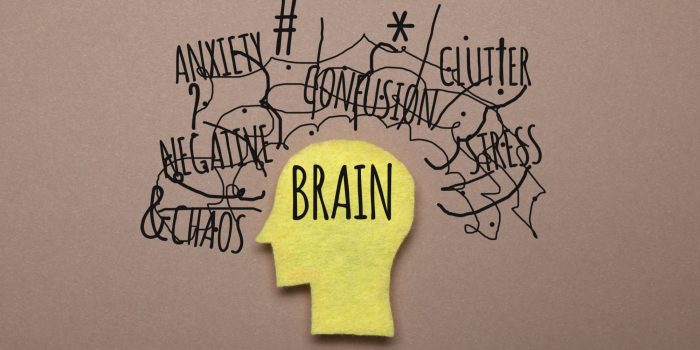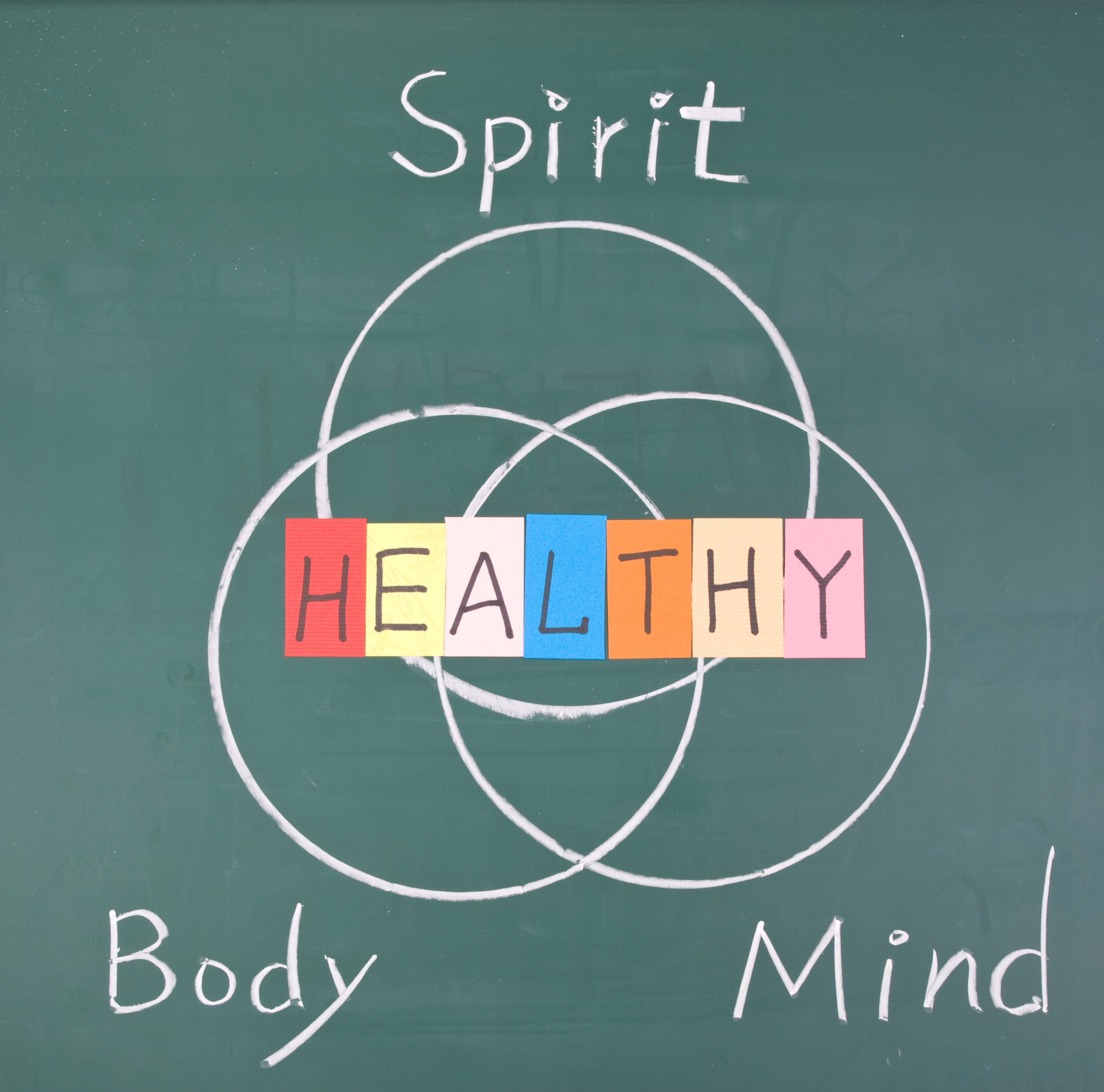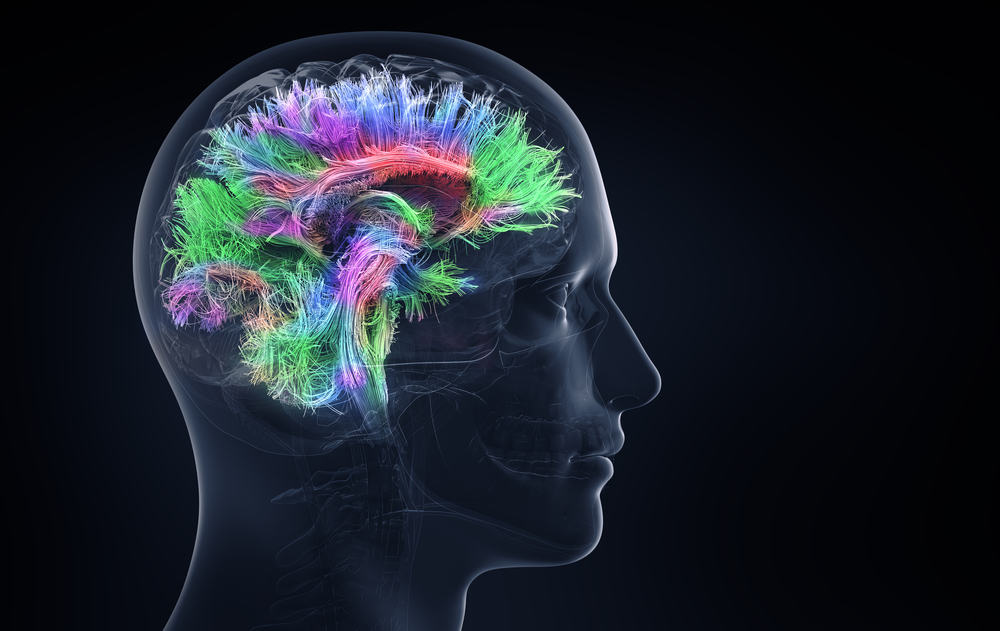
Newly discovered connection between stress, the immune system and the brain
May 31st, 2024Nearly three in ten adults have been diagnosed with depression at some point in their lives. Researchers from the University of Zurich have discovered a new link between stress, the immune system and the brain which could open up the development of new treatments for depression.
Scientists have found an enzyme that can change the function of the brain
The immune system and the brain are both impacted by chronic stress, although they aren’t the only parts of the body that are affected – chronic stress is a large contributory factor to a number of health problems. Recent research from teams at the University of Zurich, the University Hospital of Psychiatry Zurich and the Icahn School of Medicine, Mount Sinai, NY has shown that a particular type of enzyme found in the cells of the immune system can enter the brain when a person is under stress.
This enzyme, known as MMP-8, travels to the brain in the blood, changing the function of neurons that are responsible for behavior. When tested on mice, they were seen to withdraw and avoid any social contact.
Potential for new depression treatments
One of the first authors of the study, a psychiatrist, Flurin Cathomas explained, “We were able to show that stress increases the amount of the matrix metalloproteinase-8 (MMP-8), an enzyme in the blood of mice. The same changes were found in patients with depression.”
Cathomas said their findings were novel in two respects, “Firstly, they indicate a new ‘body-mind mechanism’, which might be relevant not only for stress-related mental illness but also for other diseases that affect both the immune and nervous systems.”
She added, “Secondly, identification of the specific MMP-8 protein could be a potential starting point to develop new treatments for depression.”
The MMP-8 enzyme was involved in animal trials to show how stress increases the rate at which specific white blood cells (monocytes) migrate into the brain through the blood, predominately into the reward centre regions. These monocytes produce MMP-8, which is then involved in how the extracellular matrix in the brain is restructured and regulated.
The extracellular matrix is a net-like frame that surrounds neurons in the brain, which can degrade if negatively impacted by MMP-8.
Cathomas explained, “If MMP-8 penetrates the brain tissue from the blood, it changes the matrix structure and thus disrupts the functioning of the neurons. Mice who are affected by this process display changes in behaviour that are similar to those seen in humans with depression.”
To show that MMP-8 was responsible for the behaviour changes, the researchers took away the MMP-8 from some of the mice. In comparison to the control mice, those mice did not display stress-related negative behaviour changes.
Cathomas said, “Blood analyses of patients with depression indicate that the findings from the mouse models are also relevant for humans: both the monocytes and MMP-8 were increased in the blood of people with depression in comparison to healthy participants.”
Further studies with patients are being planned. More research needs to be done before trials are performed on people.
Cathomas concluded, “Our work once again demonstrates the importance of the interaction between the immune system and the brain in the development of psychiatric disorders. These insights are already being incorporated into psychiatric treatments today.”
Further planned research and clinical studies will centre around the extent at which the immune system can be influenced through the stimulation of certain areas of the brain, and whether these changes influence the behavior of depressive patients.
What is Depression?
Depression is a serious mood disorder and symptoms can vary from mild to severe. They can manifest differently in each person.
Symptoms can include:
- Feeling sad, irritable, empty and hopeless
- A loss of interest or pleasure in things once enjoyed
- Change in appetite, eating much more or less
- Sleeping more or too little
- Decreased energy levels
- Difficulty in thinking or concentrating
- Difficult to make decisions
- Suicidal thoughts
It’s important to seek help from your doctor if you are suffering from depression. Treatment can include identifying triggers, lifestyle changes, talking therapies or medicines.
Taking regular exercise, reducing alcohol and caffeine consumption and stopping smoking or taking recreational drugs can help too. A good sleeping routine is important and a healthy diet. Taking supplements can make a big difference to a person’s mental health. We have a full range of products to help relieve the symptoms experienced when stressed.
Visit our product page to find out more information.
References







